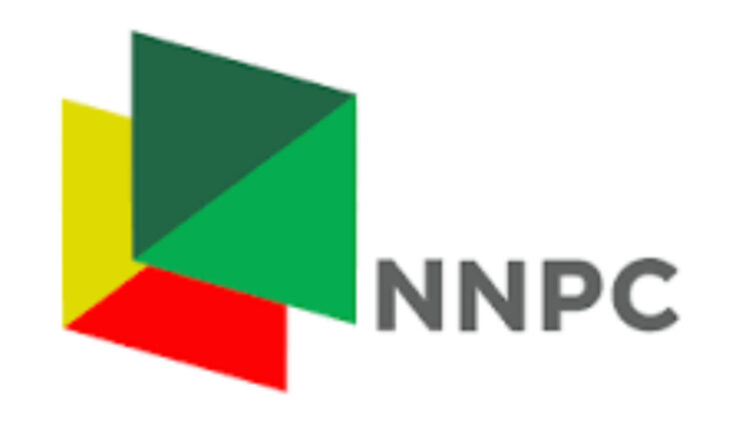Nigerians Get Cheaper Fuel—But Marketers Pay the Price
The Nigerian National Petroleum Company Limited (NNPC) has slashed the pump price of petrol to N880 per litre in Lagos and N935 in Abuja, offering slight relief to struggling Nigerians. But while consumers smile at the pumps, petroleum marketers are quietly bleeding.
“We are losing money. That’s just the truth,” said Hammed Fashola, Vice President of the Independent Petroleum Marketers Association of Nigeria. “That’s the bitter truth.”
The new NNPC price, adjusted over the Easter weekend, is N45 less than the old price of N925 in Abuja and Lagos—and N15 cheaper than Dangote Refinery’s N890 tag. This marks the beginning of a quiet but aggressive price war between the two oil giants.
Marketers who bought fuel at higher prices say they’re now being forced to sell at a loss, just to stay in business. They’re not celebrating lower prices—they’re fighting to survive them.
“The price reduction helps the people, but we’re the ones carrying the burden,” Fashola said. “We have to sell below cost just to clear old stock.”

The shift followed Dangote Refinery’s own price cut—from N865 to N835 per litre—under pressure from the Federal Government’s push to keep the naira-for-crude exchange policy in place.
But with NNPC undercutting even Dangote by up to N15 per litre, marketers are trapped between loyalty to their suppliers and survival.
Some filling stations are still selling at old rates, trying to minimize their losses. Others have already complied with NNPC’s memo and changed pump prices, swallowing the hit.
There’s no certainty about the future. Marketers say the fuel price could drop again—but no one knows when or how far. What’s clear is that in the absence of a protective cushion for small operators, deregulation may lift consumers up while quietly crushing those who keep the pumps running.
“Everyone talks about deregulation. But who’s talking about the people losing their livelihood in the process?”
As Nigerians enjoy a short-term price drop, the real cost may be felt in the long term—if independent marketers go out of business and the market becomes a monopoly.

